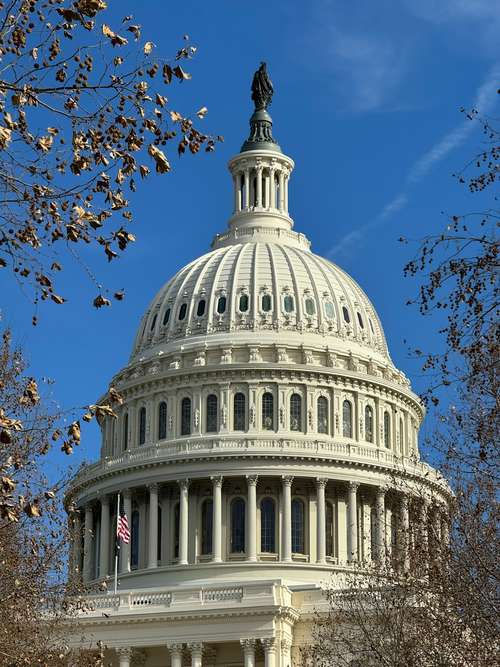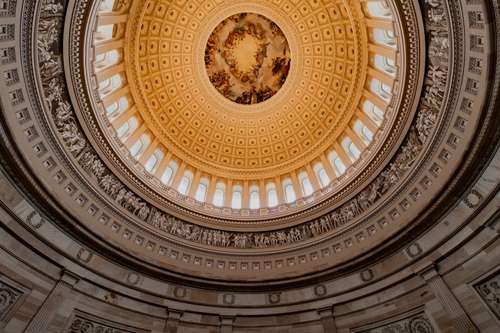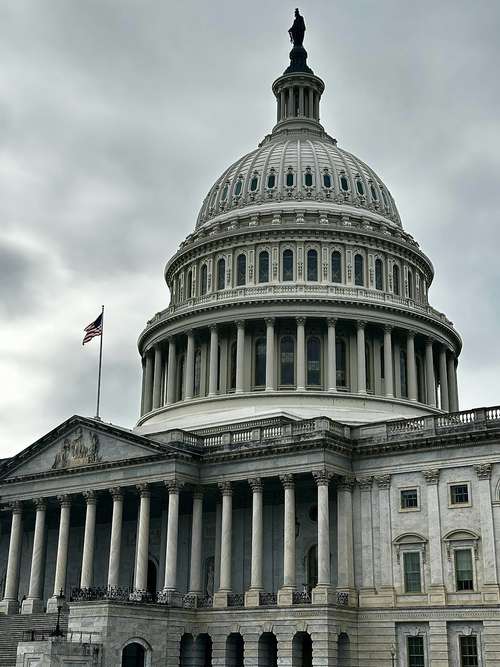What if the U.S. could transform its gold reserves into Bitcoin and unlock new economic potential? In a bold move strategically coming after Trump's reelection, Senator Cynthia Lummis has proposed converting a portion of the nation’s gold reserves into Bitcoin reserves.
This initiative aims to bolster economic growth by positioning Bitcoin as a strategic asset in an era marked by inflation and financial uncertainty.
The Proposal: Transforming Gold into Bitcoin
Senator Lummis, a staunch advocate for cryptocurrency legislation, believes that the U.S. should leverage its substantial gold holdings to establish a Bitcoin reserve.
Currently, the United States holds over 8,000 tons of gold, making it the largest holder of gold reserves globally. Lummis argues that converting gold certificates held by the Treasury into Bitcoin could provide a more efficient means of acquiring this digital asset without disrupting the nation’s balance sheet.
By proposing this conversion, Lummis aims to avoid spending approximately $90 billion to purchase Bitcoin at current market prices. Instead, she suggests that this strategy would allow the U.S. government to acquire about 1 million BTC—approximately 5% of Bitcoin's total supply—over the next two decades.
Economic Implications
The rationale behind Lummis's proposal is rooted in addressing rising inflation rates and mounting national debt. Wyoming, for instance, has families struggling to keep up with increasing costs, and is embracing crypto-friendly laws in an attempt to attract business from entities invested in blockchain, with the hope that such will bring much needed relief to the state’s struggling finances.
Establishing a Bitcoin reserve is therefore seen by many as a necessary step toward ensuring economic stability. By integrating Bitcoin into the U.S. financial system, Lummis believes it could serve as a hedge against economic instability and provide a new avenue for growth.
The Role of Cryptocurrency Legislation
Lummis's proposal is significant within the context of ongoing discussions about cryptocurrency legislation in the United States. As lawmakers grapple with ways to regulate digital assets, her advocacy for a strategic Bitcoin reserve underscores the need for clear guidelines governing cryptocurrencies.
The establishment of such a reserve could accelerate regulatory clarity and foster an environment conducive to investment in digital assets. With government involvement, institutional and retail investors may feel more confident entering the cryptocurrency market, potentially leading to increased adoption and innovation.
Community Reactions: Yesmen vs. Naysayers
The reaction from the crypto community has been mixed:
Supporters
Many enthusiasts view Lummis's proposal as a groundbreaking opportunity for economic growth and leadership in cryptocurrency adoption.
They argue that integrating Bitcoin into national reserves could attract investment and encourage technological advancements within the digital asset space. Anthony Pompliano, a well-known Bitcoin advocate, believes that such a move could position the U.S. as a leader in digital asset adoption and encourage other nations to follow suit.
Critics
On the other hand, skeptics raise concerns about Bitcoin's volatility and question whether it can serve as a stable reserve asset comparable to gold. Figures like Galaxy Digital CEO Mike Novogratz have expressed skepticism about the feasibility of replacing stable assets like gold with Bitcoin, arguing that such a move could expose the U.S. to significant financial risks.
Historical Precedents: Shifts in Reserve Strategies
Historically, countries have adjusted their reserve strategies in response to economic pressures. For instance, after World War I, many nations transitioned from gold-backed currencies to fiat systems for greater monetary flexibility.
The decision to integrate cryptocurrencies into national financial systems has had varied effects on economies worldwide. Here’s a look at several countries that have embraced cryptocurrencies and the consequences of these decisions.
1. El Salvador
Impact: El Salvador became the first country to adopt Bitcoin as legal tender in 2021. This bold move aimed to enhance financial inclusion and attract foreign investment, particularly from the crypto community.
Positive Outcomes
The use of Bitcoin allows Salvadorans abroad to send money home with lower fees compared to traditional remittance services.
Challenges
The country faced significant losses due to fluctuating Bitcoin prices, raising concerns about the sustainability of this approach.
2. Ukraine
Ukraine has embraced cryptocurrencies amid ongoing conflict, allowing citizens to use digital assets for transactions and fostering a burgeoning crypto economy.
Positive Outcomes
The Ukrainian government recognizes cryptocurrencies as a means to enhance economic resilience and provide financial services in areas where traditional banking is lacking. Initiatives like blockchain-based aid distribution have gained traction.
Challenges
Despite these benefits, the lack of a comprehensive regulatory framework poses risks, including potential fraud and market manipulation.
A Vision for the Future
Senator Lummis's advocacy for converting gold reserves into Bitcoin reserves represents an innovative approach to modernizing national asset management amidst evolving economic landscapes.
As discussions around this proposal continue, it will be crucial for lawmakers and stakeholders to weigh both the potential benefits and risks associated with integrating Bitcoin into national reserves.
The mixed reactions from the cryptocurrency community highlight the need for careful consideration of how such a significant shift could impact not only the U.S. economy but also global perceptions of Bitcoin as a legitimate reserve asset.
In an era marked by rapid technological advancements and shifting economic paradigms, Lummis's advocacy could pave the way for future innovations in how nations manage their financial resources—if indeed they can navigate the complexities involved.




